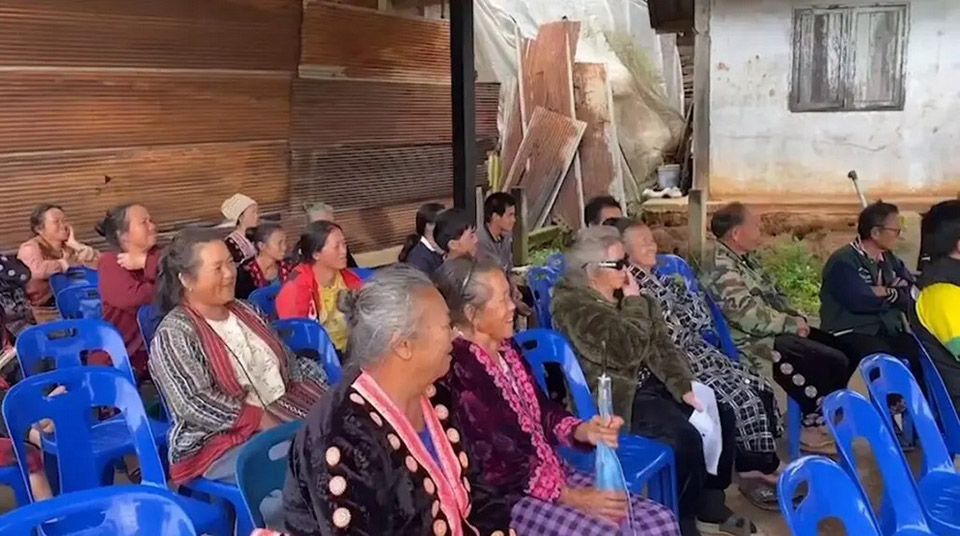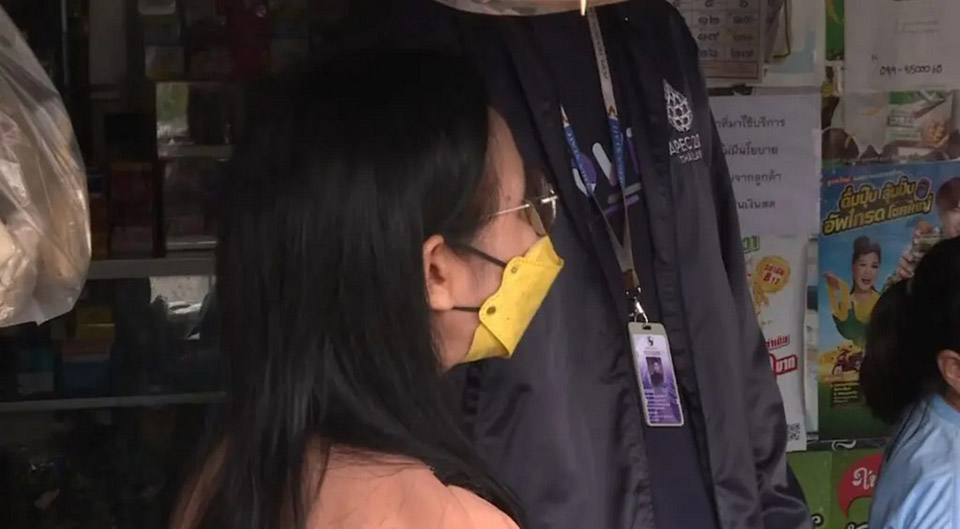
CHIANG MAI, Thailand – The elderly in Chiang Mai have become increasingly vulnerable to sophisticated call center scams, with thousands falling victim in recent years, Sep 10.
Over the past two years, Chiang Mai City Police have received more than 4,000 complaints related to these scams, with some victims losing their life savings of up to 22 million baht.
A 62-year-old grocery store owner in Hang Dong district shared her experience of being duped by fraudsters posing as tax officials. The scammers provided accurate personal information, demanding back taxes and guiding the victim through online transactions to verify their income.
Before she realized it, nearly 150,000 baht had been transferred from her account. Similar incidents have been reported, with another local merchant losing hundreds of thousands of baht.
Scammers have employed various tactics, often impersonating government officials to deceive victims into transferring funds. The elderly, in particular, have been targeted due to their trust in authority figures and limited technological understanding.

To combat this growing problem, the Chiang Mai Provincial Consumer Protection Center has been conducting workshops to educate the elderly about common scams and how to protect themselves. The center emphasizes the importance of remaining vigilant, avoiding calls from unknown numbers, and never clicking on suspicious links or transferring money without verifying the request with a trusted family member or friend.
While authorities have been working to crack down on these criminal networks, the challenges of cross-border operations make it difficult to completely eradicate the issue. Ultimately, the protection of the elderly relies heavily on the support and awareness of their families and communities. (TNA)








